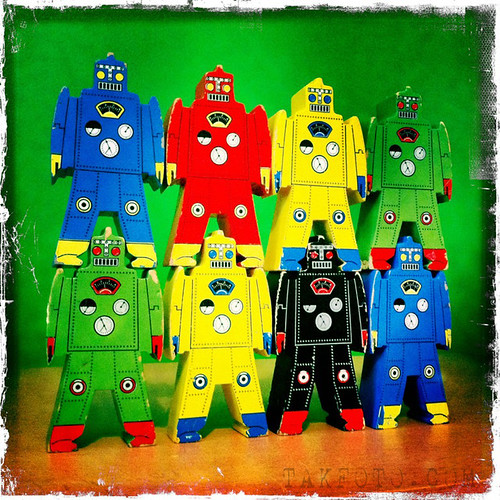25 Years of Ed Tech: 2016 – The return of AI
[Continuing the 25 Years of Ed Tech series]
I covered this in 1993’s entry, that Artificial intelligence was the focus of attention in education in the 1980s and 1990s with the possible development of intelligent tutoring systems. The initial enthusiasm for these systems waned somewhat, when they failed to deliver on their promise. For example, in their influential 1985 paper, Anderson, Boyle and Reiser detailed intelligent tutoring systems for geometry and the programming language LISP. They confidently predicted that “Cognitive psychology, artificial intelligence, and computer technology have advanced to the point where it is feasible to build computer systems that are as effective as intelligent human tutors”. Yet, by 1997 Anderson was amongst authors lamenting that “intelligent tutoring has had relatively little impact on education and training in the world.” In their analysis they hit upon something which seems obvious, and yet continues to echo through educational technology, namely that the ed tech (in this case intelligent tutoring systems but it might equally apply to MOOCs, say) are not developed according to educational perspectives. They stated that “the creative vision of intelligent computer tutors has largely arisen among artificial intelligence researchers rather than education specialists. Researchers recognized that intelligent tutoring systems are a rich and important natural environment in which to deploy and improve Al algorithms… the bottom line is that intelligent tutoring systems are generally evaluated according to artificial intelligence criteria …rather than with respect to a cost/benefit analysis educational effectiveness.” In short, they are developed and evaluated by people who like the technology, but don’t really know or appreciate the educational context. In this snapshot we have much of the history of ed tech.
Interest in AI faded as interest in the web and related technologies increased, but it has resurfaced in the past five years or so. What has changed over this intervening period is the power of computation. Much if what we classify as AI now is just massive number crunching. That’s not cheating – maybe that’s what we do as humans anyway.
But perhaps more significant than the technological issues are the ethical ones we now face. As Audrey Watters contends, AI is ideological. Neil Selwyn makes a pretty good case for why AI won’t succeed in education, which can be summarised as “education is fundamentally a human enterprise”. However, the concern about AI is not that it won’t deliver on the promise held forth by its advocates but, rather, that someday it will. Or rather that it will in the eyes of policy makers. And then the assumptions embedded in code will shape how education is realized, and if learners don’t fit that conceptual model, they will find themselves outside of the area in which compassion will allow a human to alter or intervene. Perhaps the greatest contribution of AI will be to make us realize how important people truly are in the education system.


2 Comments
Wayne Holmes
Thanks Martin for an, as ever, helpful post. The jury is clearly still out on whether AI will have a long-term impact on education and, if it does, how that will affect teachers. I would however draw your attention to the fact that each of the Frightful Big 5 Tech Companies are investing squidoodles in developing and rolling out AI in educational contexts. My perspective is that we either leave these companies (and many others) to get on with it, or we engage and challenge them every step of the way. @wayneholmes @openAIED
mweller
Hi Wayne, thanks for the comment. Yes, I agree very much, and I hope I didn’t imply that it was all nonsense and we should ignore it. This is always a difficult call for ed tech – we need to be critical so we keep an eye on ethics and the social implications (which the big tech companies you mention don’t care about), while still engaging in the tech sufficiently to keep our skin in the game. That’s why I leave the hard thinking to people like you 🙂